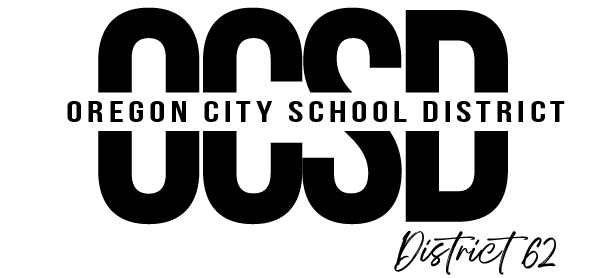Public Complaint Procedure
Initiating a Complaint: Step One
Any member of the public who wishes to express a complaint should discuss the matter with the school employee involved.
The Administrator: Step Two
If the complainant is unable to resolve a problem or concern at step one, within five working days of the meeting with the employee, the complainant may file a written, signed complaint with the principal. The principal shall evaluate the complaint and render a decision within five working days after receiving the complaint.
The Superintendent: Step Three
If Step 2 does not resolve the complaint, within 10 working days of the meeting with the principal, the complainant, if he/she wishes to pursue the action, shall file a signed, written complaint with the superintendent clearly stating the nature of the complaint and a suggested remedy. (A form is available, but is not required.)
The superintendent shall investigate the complaint, confer with the complainant and the parties involved and prepare a written report of his/her findings and his/her conclusion and provide the written report to the complainant within 10 working days after receiving the written complaint.
The Board: Step Four
If the complainant is dissatisfied with the superintendent’s findings and conclusion, the complainant may appeal the decision to the Board within five working days of receiving the superintendent’s decision. The Board may hold a hearing to review the findings and conclusion of the superintendent, to hear the complaint and to hear and evaluate any other evidence as it deems appropriate. Generally all parties involved, including the school administration, will be asked to attend such meeting for the purposes of presenting additional facts, making further explanations and clarifying the issues.
The Board may elect to hold the hearing in executive session if the subject matter qualifies under Oregon Revised Statutes.
The complainant shall be informed of the Board’s decision within 20 working days from the hearing of the appeal by the Board. The Board’s decision will be final.1
Complaints against the principal may be filed with the superintendent.
Complaints against the superintendent should be referred to the Board chair on behalf of the Board. The Board chair shall present the complaint to the Board. If the Board decides an investigation is warranted, the Board may refer the investigation to a third party. When the investigation is complete, the results will be presented to the Board. After receiving the results of the investigation, the Board shall decide in open session what action, if any, is warranted.
Complaints against the Board as a whole or against an individual Board member should be made to the Board chair on behalf of the Board. The Board chair shall present the complaint to the Board. If the Board decides an investigation is warranted, the Board may refer the investigation to a third party. When the investigation is complete, the results will be presented to the Board. After receiving the results of the investigation, the Board shall decide in open session what action, if any, is warranted.
Complaints against the Board chair may be made directly to the Board vice chair on behalf of the Board. The Board vice chair shall present the complaint to the Board. If the Board decides an investigation is warranted, the Board may refer the investigation to a third party. When the investigation is complete, the results will be presented to the Board. After receiving the results of the investigation, the Board shall decide in open session what action, if any, is warranted.
If a complaint alleges a violation of state standards or a violation of other statutory or administrative rule for which the State Superintendent of Public Instruction has appeal responsibilities, and the complaint is not resolved at the Board level, the district will supply the complainant with appropriate information to file a direct appeal to the State Superintendent as outlined in Oregon Administrative Rule (OAR) 581-022- 1940.
1 The timelines may be extended upon written agreement between both parties.

